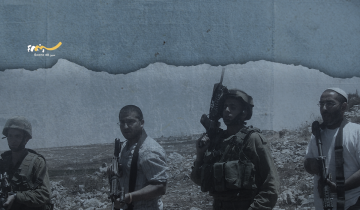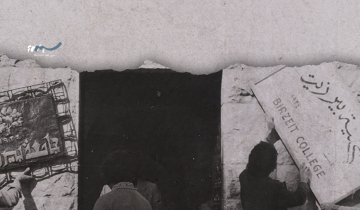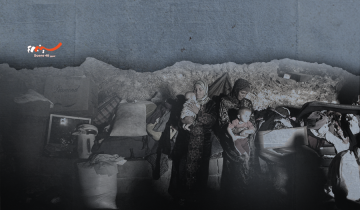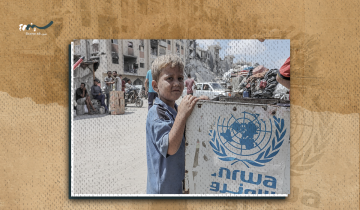Ending the Genocide Is Urgent, so Is Pursuing our Vision for the Future
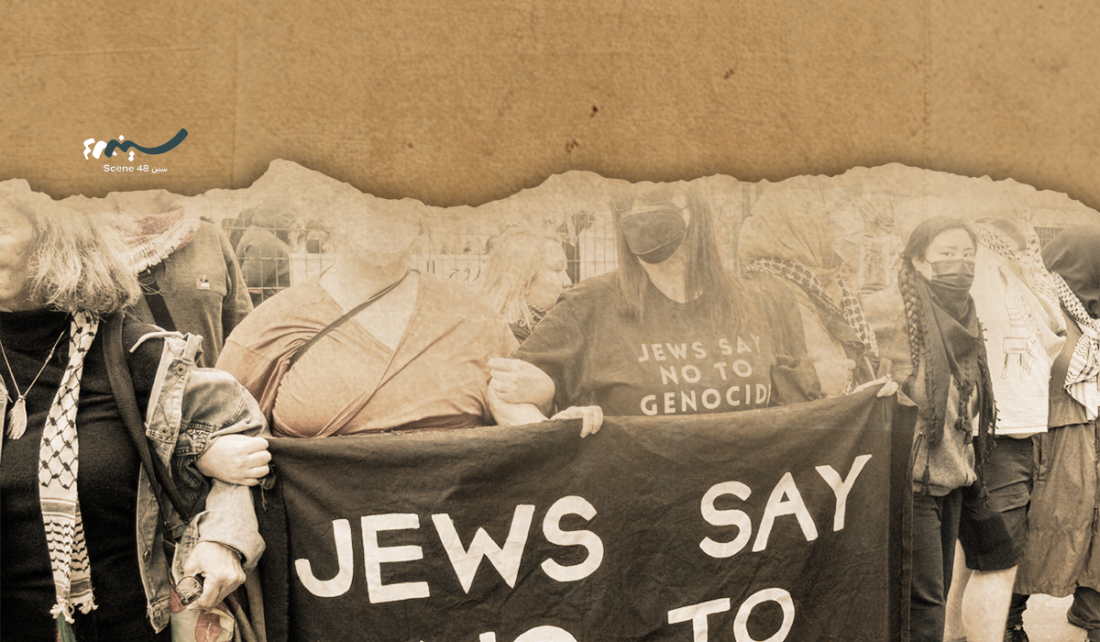
The Israeli government is committing genocide against Palestinians in Gaza. It is inflicting conditions calculated to bring about their destruction as a people, in whole or in part, particularly by obstructing the supply of the food, medicine, and other essentials that human beings need to live.
Most members of the activist pro-human rights community in Israel-Palestine and beyond are appropriately focused on trying to save as many people as possible, particularly children, for whom the long-term ravages of starvation, even when they survive, can be irreversible and life-changing. We are living through a grotesque, historically significant moment, the reverberations of which will shape our future. Some of us are the children and grandchildren of survivors of another genocide, and we hold ourselves accountable for what we do to try to stop this one.
I recently asked an Israeli activist to help execute a plan to get medical supplies into Gaza. I had never met her but showed up at her home close to midnight. She worked with me until the early hours of the morning to prepare a suitcase we hoped would reach diabetic children in Gaza. She rebuffed my attempts to thank her.
“When I learned about the Holocaust as a child, I fixated on the Germans and Poles who threw pieces of bread over the walls of the ghetto, because that was what they could do,” she said. “This is what I can do.”
We can also protest, document, organize, raise and give money, lobby, write, litigate and use public platforms and private connections to influence narratives in halls of power, particularly in the West. But in parallel to trying to end the genocide, we should identify and exploit what I believe are unprecedented opportunities to build and strengthen the movement to replace the current regime of Jewish supremacy with a democratic, rights-respecting system of governance. We should do so as quickly and efficiently as we can, because the window of opportunity is now, building power takes time, and the human cost of each passing day is already unbearable.
Maintaining Israeli Jewish domination over Palestinians, including demographic superiority, has always depended on ongoing atrocities: ethnic cleansing and preventing the return of refugees, systematic discrimination against Palestinian citizens of Israel, wholesale denial of civil and political rights for Palestinians in Gaza and the West Bank, torture, and unlawful killings, and now genocide. Gaza poses a particular threat to Jewish supremacy over the land because its majority refugee population is a constant reminder of the unfinished ethnic cleansing of 1948 and the persistent demand to realize refugees’ right to return.
But for decades, in Israel and abroad, liberal movements to reform Zionism have captured and coopted those who otherwise could have been partners in the project of regime transformation. We human rights activists, in whose work I take pride, should critically examine the role we may inadvertently play in presenting the current Israeli regime as one that can be fixed. A regime predicated on maintaining Jewish superiority—on a piece of land in which Palestinians, including those who are present and those who have a right to return, are a majority—will inherently subjugate Palestinians to fulfill its core purpose. Only continued ethnic cleansing can maintain a majority Jewish state, and that’s neither democratic nor fixable.
Palestinian activists, political leaders, and intellectuals have known this since at least 1948. But more people, including among Israel’s Western backers, are realizing the absurdity and moral bankruptcy of the project to reform Israel as a “Jewish and democratic state.” While many European governments have yet to take robust action to end their support for Israeli abuses, including through full arms embargos, targeted sanctions, and suspending trade deals, there has been a sea change in their rhetoric toward the Israeli government, some notable progress on sanctions and suspending military support, and mounting domestic pressure to do more. The US continues to supply Israel with billions of dollars in sophisticated weapons and to shield it from UN Security Council action, but US public opinion is shifting and may soon have electoral consequences.
Even within Israel, there are opportunities to strengthen the movement against Jewish supremacy. Faced with increasingly violent suppression of Palestinian rights and even Palestinian existence, much of the Israeli Zionist left has chosen “Jewish” over “democratic” as the regime’s constitutive element. But the unvarnished atrocities of the last 22 months have pushed a smaller number of liberal Zionists to question their commitment to a Jewish majority state and the abuses it requires, and they’re looking for exit ramps.
The genocide lays bare a cruel paradox: The more abusive the regime becomes, the harder it is to credibly argue for reforming it, and the easier it is to build support for replacing it with a system of governance that guarantees equality, freedom, dignity, and security for all inhabitants from the river to the sea—those who are here and those who have a right to return.
For me, as an Israeli Jew, that means working to strengthen the campaign to create a single, rights-respecting democratic state in Israel-Palestine. That initiative is Palestinian-led, but Israeli Jews can and should play an important role, including by doing the hard work of meeting disillusioned Zionists where they are and presenting them with the possibility of ceding their privilege without ceding their human rights. And within Israel, strengthening initiatives that disrupt colonial structures, build power among Arab Jews, and forge links with anti-poverty social justice movements will help lay the infrastructure for a more just system of political organization. Success will require ending Western support for Israeli Jewish supremacy, but there’s a lot we on the inside can do to hasten that process and prepare the groundwork for something better.
Pursuing a just political vision is not a luxury in the face of the urgent need to end the genocide but rather an essential parallel mission that will ultimately hasten an end to atrocities, now and in the future.
We should continue to throw bread over the ghetto walls, because people are starving, and it’s what we can do. But those of us who are safer and well-fed have a responsibility to do much, much more.
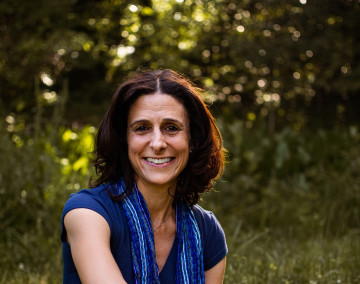
Sari Bashi
A human rights lawyer, blogger, the co-founder of the Israeli human rights group Gisha, and a former program director at Human Rights Watch. The English translation of her memoir, Upside-Down Love, will be published in January 2026.
